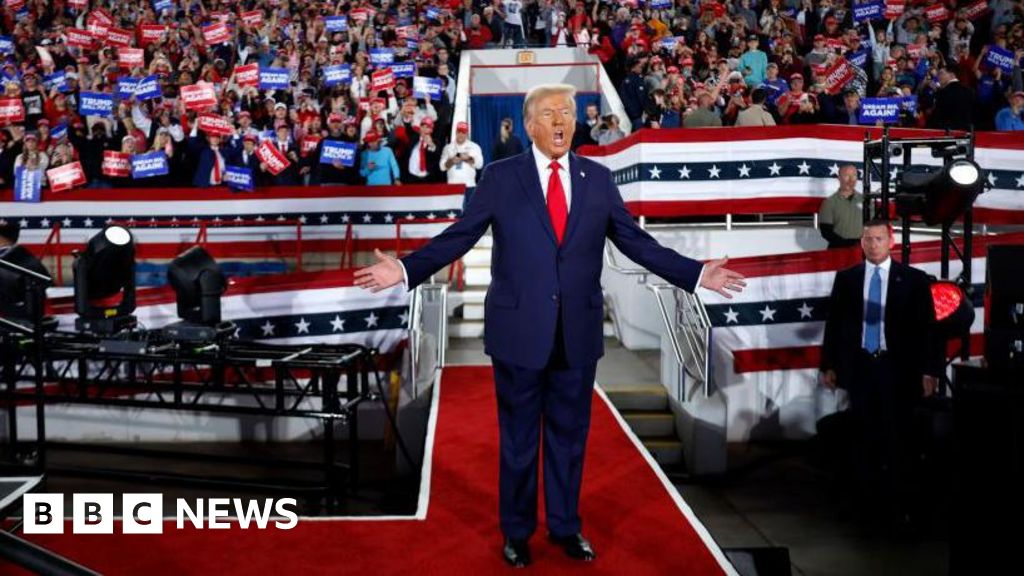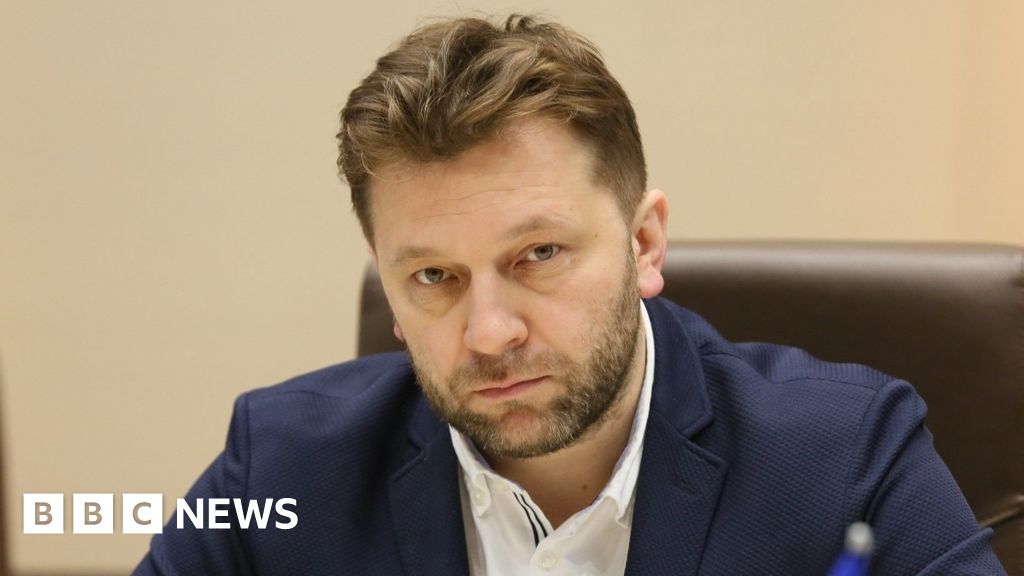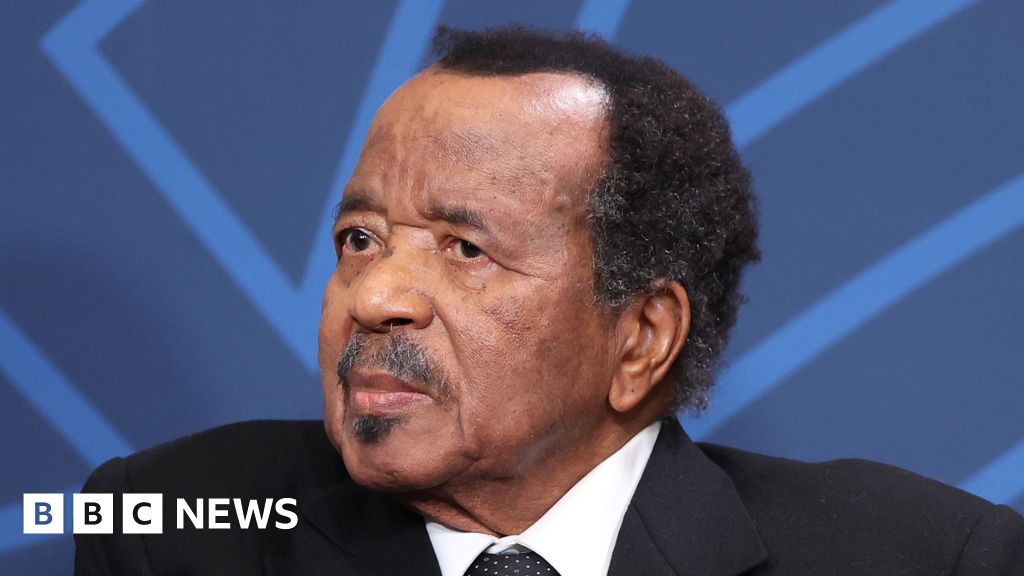EXCLUSIVE REPORTING — It’s become the premier conference on the war in Ukraine, and this year it had the feel of a political or even religious rally – as participants cheered the war’s heroes, and chastised nations for not doing enough to ensure a Ukrainian over Russia.
Ukrainian soldiers and commanders, international bankers, and top U.S. and European officials were among the speakers at the 20th annual Yalta European Strategy (YES) conference, which was staged over the past several days by the Ukrainian billionaire Victor Pinchuk.
Among the challenges for the event and its pro-Ukraine participants: many of the people who need convincing were not there.
“We’re mostly Westerners, very few Asian (representatives), almost no Latin American, no African at all,” said Dominique Strauss-Kahn, the French economist and former director of the International Monetary Fund. “We have to talk to those people, too. If we don’t talk to them, others will,”
Outside the West, many countries of the so-called Global South remain indifferent to Ukraine’s pleas for solidarity against an imperialistic invader. Other nations, primarily China, North Korea, and Iran, are actively helping fuel Russia’s war by supplying weapons, dual-use technology, or encouraging robust trade with Moscow. Even within the West, support for Ukraine is weak in some nations—notably Hungary, Austria, and Slovakia—three European Union members who still buy Russian oil and gas. Hungary’s pro-Russian autocratic leader, Victor Orban, has actively obstructed Ukraine’s drive to join the European Union and NATO.
But much of the talk at the YES conference involved preaching to the converted, with delegates trying to persuade one another – Ukraine’s strongest allies, already convinced of the cause – to do more to arm and finance Ukraine, as Russian troops advance in the east and Russian bombs pummel Ukraine’s energy infrastructure with winter approaching.
Messages from the frontlines
Perhaps the conference’s most powerful moments came from Ukrainian soldiers who had fought recently on the frontlines of the war.
The raw urgency of their messages outshone such headline speakers as President Volodymyr Zelensky, ex-British Prime Minister Boris Johnson, ex-Finnish Prime Minister Sanna Marin and – appearing via video links – U.S. National Security Adviser Jake Sullivan, ex-Google CEO and chairman Eric Schmidt, and former U.S. Secretary of State Condoleezza Rice.
A new star might have been born in junior sergeant Hanna Vasyk, a combat medic who appeared on the final panel Saturday night with other Ukrainian soldiers.
Vasyk said the international security structure has proven incapable of preventing or stopping wars, and for all the warnings that stronger NATO support might provoke a wider war, she argued that World War III was already underway, in the form of a conflict between democracies and autocracies.
“Ukraine is probably the only one country ready to fight for this,” Vasyk said. “When we see the world is observing and not doing that much, it is rather accepting this. (This conference) looks more like a rhetorical art competition. Now the speed of decision making is the only thing that matters.”
Vasyk said an army colleague had attended the conference with hopes of hearing a reassuring message before returning to the frontline near Pokrovsk in eastern Ukraine, where fighting is especially fierce.
“I’m afraid he heard no good news,” she said. “If the democracies cannot be faster in decision making than the autocracies, then we have to admit that our methods cannot pass the reality check.
“Time is passing by. We are ending. We are dying quite fast,” Vasyk said. “What is the future? I would say: you decide. We decided for ourselves. We decided to fight.” Referring to Russian aggression, she said that “evil has to be somehow put back in the cage, and the virus has to be put back in the jar.”
The author Timothy Garton Ash, who has chronicled Eastern Europe for decades, echoed the soldiers’ messages. He said that the outcome of Russia’s war would decide the continent’s future, adding that “we’re not doing very well” in the third year of the conflict, despite Europe and America having spent more than $200 billion in military and financial aid since 2022, with commitments of another $100 billion, according to the Kiel Institute for the World Economy.
Paraphrasing another soldier, Garton Ash said, “There’s frontline time, which is very fast, there’s time in headquarters, which is a bit slower, and then there’s the time in the West. We have to adjust our watches to ‘frontline time’ and get much faster about giving that support that will bring the victory that is a pre-condition to peace.”
Strauss-Kahn said that Western aid hasn’t matched the rhetoric of politicians who say often that “the future of democracy is at stake” in Ukraine, citing his native France as one of those nations that “talk a lot and do little.” He warned that the costs for democracies will be much higher if Ukraine loses, and that the war has exposed glaring weaknesses in Western militaries and their ability to deter conflict.
Sullivan: Give Ukraine what it needs to “win”
Sullivan, the national security adviser, interviewed via video link by author and CNN host Fareed Zakaria, said the Biden administration plans to spend its last four months in office trying to ensure that Ukraine has everything it needs to “win this war.” He said the administration is putting together a new and substantial package that will include additional air defense systems as well as more money to defend Ukraine’s energy infrastructure, including its nuclear power plants, from Russian attacks. But he conceded that Zelensky was right to say that “we’ve got to do more, and we’ve got to do better.”
For Sullivan and other U.S. officials, the Ukraine-related topic of the week involved the latest pleas from that the West lift restrictions on long-range strikes inside Russia using American-supplied ATACMS and other Western weapons. Sullivan argued that concern over the restrictions was overblown; considering that the ATACMS have a range of only 300 kilometers – not far enough to reach many Russian air bases – Sullivan said that lifting the restrictions would not be decisive. He also said that the U.S. balances its response to Kremlin threats, paying serious attention but not to the point of being paralyzed by them.
His comments on the issue didn’t sit well with the YES conference crowd, including Zelensky, who will meet President Joe Biden next week on the sidelines of the annual United Nations General Assembly meeting in New York. Among other things, Zelensky will be seeking U.S. backing for what he has called a “victory plan” for Ukraine.
“We need a comprehensive strategy for success in this war, and that is what President Zelensky says he is bringing. President Biden is eager for that conversation,” Sullivan said. “We have got to do everything in our power to put Ukraine in a position to win this war, to emerge as a proud, free, independent country rooted in the West. We’re going to do our damndest to make that happen. And we’re going to do so working closely with the allies and partners who have supported Ukraine.”
Sullivan blasted peace plans floated by former President Donald Trump and his running mate, Ohio Senator J.D. Vance. Regarding Trump’s oft-repeated claim that he would end the war in a day if re-elected, Sullivan said: “Anyone who steps forward and says they can solve the Ukraine war in one day from the outside, you really have to ask whose side are they going to be solving it on?”
As for Vance’s statements, which have included suggestions that Ukraine surrender the 18 percent of its territory that Russia now occupies, and renounce its desire to join NATO, Sullivan said an imposed peace plan is “not just or sustainable,” especially one that “runs across fundamental principles of sovereignty and territorial integrity and freedom.”
Zelensky: Don’t give in to Putin’s “madness”
Having made near-daily pleas to the West for more than two and a half years now – with mixed results, Zelensky himself gave the conference what sounded like a reality check on the war.
“We are now in the third year of this full-scale war,” the Ukrainian leader said. “And after so much killing and destruction in Ukraine, after so many Russian war crimes, after so many terrorist strikes, Putin can still afford to destroy life in Ukraine as he pleases, can buy and produce missiles, bombs, and artillery, can even afford to issue ultimatums to the world. And he expects the world to give in to his madness. It is the third year of the war, and Putin still believes that it is he to whom concessions must be made. Why is that?”
This was Victor Pinchuk’s message, too. Pinchuk is an engineer and businessman who has parlayed his wealth into philanthropy and the annual YES event, which has become a kind of Davos conference for Ukraine.
Speaking at this year’s event in front of a backdrop of photos of slain Ukrainian soldiers, Pinchuk said of the fallen soldiers, “They don’t need silence. They need that we talk very loudly to the world about Ukraine so that the world supports Ukraine more to defeat the terrorists. The majority of the leaders in the West understand that if Ukraine loses, it is bad and dangerous for all. But there is a huge gap between intellectual understanding and action.”
Then he made a case that many Ukrainians have, for nearly three years now.
“The West must see this as a partnership with Ukrainians,” Pinchuk said. “In this partnership, the West doesn’t give lives. Only Ukrainians give lives. But then at least give weapons as much as necessary and as quickly as you physically can without any restrictions or limitations and, of course, see Ukrainian lives as equally valuable as Western lives.”
Read more expert-driven national security insights, perspective and analysis in The Cipher Brief.
It’s not just for the President anymore. Cipher Brief Subscriber+Members have access to their own Open Source Daily Brief, keeping you up to date on global events impacting national security. It pays to be a Subscriber+Member.

 1 month ago
13
1 month ago
13










 English (US) ·
English (US) ·